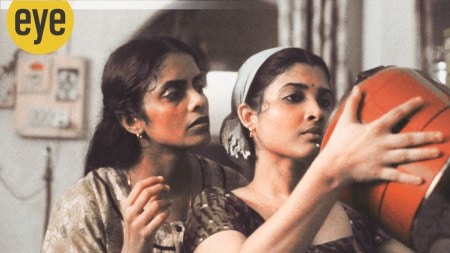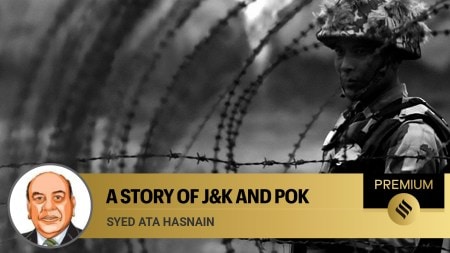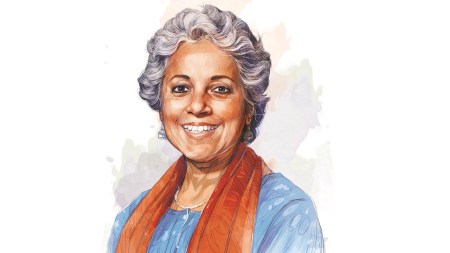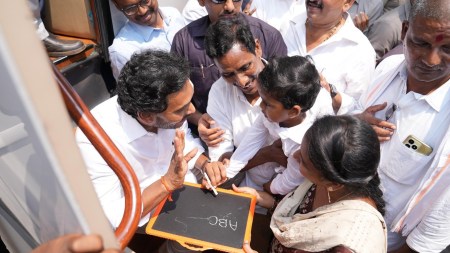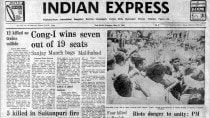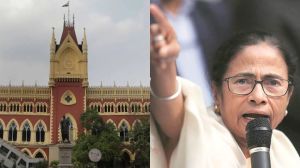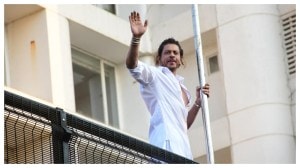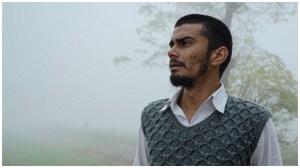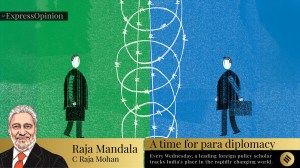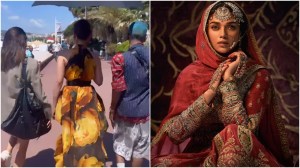- India
- International
Why Rabindranath Tagore is a poet of Bengal, India, the world
Rabindranath Tagore Jayanti: Abroad, too, cities with large Bengali populations celebrate the phenomenon called Rabindranath. New York, London, Chicago, Toronto, Paris boast Rabindra Sangeet academies, the number of students increasing by the day. The real reason is the desire to keep close to one's language, the land of one's birth.
Rabindra Jayanti 2019: Two months after Bangladesh declared Independence, I was in Calcutta, where I met a lady who taught at Presidency College. At the very outset, we were in a state of near argument. “You lot, really, there’s nothing you can’t do. Making sure we can no longer sing the song of our souls, at least in public, not play it on the radio, no singer can even cut a record.” Stunned, completely befuddled, I asked, what song? Whose song?
Professor: “Rabindranath’s Amar Sonar Bangla. Your national anthem. Oh! what a song! Written during the partition of Bengal in 1905. History is witness to the tidal wave it created in the hearts and minds of Bengalis at the time. It flows in our blood, our veins, our very being.”
My answer, “Amar Sonar Bangla was written during the partition of Bengal, Bengal was broken again on August 15, 1947. East Bengal, East Pakistan. Bangladesh after December 16, 1971. Bengal has no east, just west. Rabindranath is the world’s only poet whose songs are the anthems of two free nations. Even the Sri Lankan anthem is set to a tune he composed. We are fortunate he was a Bengali.”
Professor: “Of course we’re proud. But is the rest of India? Apart from the national anthem, how many of his poems, stories, novels, songs, essays, plays have been read in other Indian languages? Or discussed? There aren’t even decent translations. He hasn’t been publicised. As though he’s still restricted to the two Bengals. The reason I say ‘as though’ is that the central government hasn’t helped Rabindranath spread through the rest of India.”
Me: “Well, there have been problems. Proper translations in particular. His songs, poems, all his writings, the vastness of it all makes it difficult for ordinary multilingual readers to reach him. Very difficult. Also, translations can never take the place of a mother tongue. Rabindranath is complicated.”

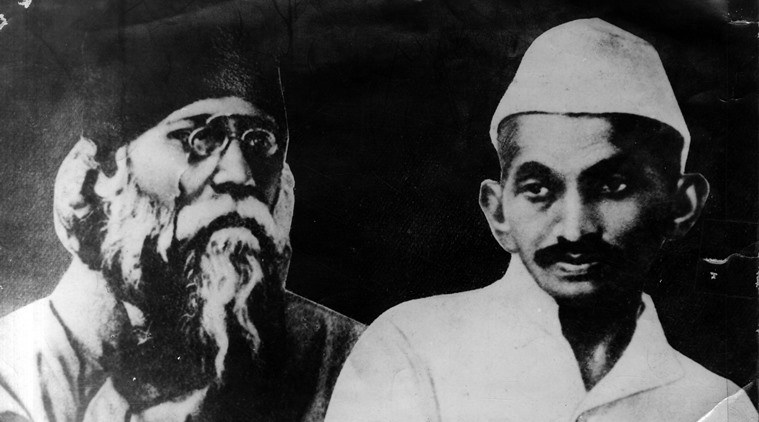 Rabindra Jayanti 2019: Rabindranath Tagore with Mahatma Gandhi. (Express archive photo)
Rabindra Jayanti 2019: Rabindranath Tagore with Mahatma Gandhi. (Express archive photo)
Also Read | Rabindranath Tagore, the unlikely conservative on Hindu marriages
Exactly how complicated was brought home to me during Rabindranath’s 150th birth anniversary. At the (ten-day) Berlin International Literature Festival, he was the topic of discussion one evening. The speaker, Pankaj Mishra. A global literary name today. Writes in English, recipient of several awards. Why all these awards, the award givers know.
Clearly, he knew nothing about the literature of various Indian states (in regional languages). That much was evident at the Berlin International Literature Festival’s Rabindra seminar. At school, he was taught that India’s national anthem was written by Rabindranath, he may even have sung it. That’s about it. That was pretty much all he had to say, too. A speech and discussion. Yet another participant was Altaf Tyrewala, whose two English novels have fetched him great fame. A native of Mumbai, he’s in Berlin on a DAAD (German Academic Exchange Service) scholarship. Far better versed in Tagore than Pankaj, he had obviously tried to fathom the essence of India in Rabindranath’s stories, novels, plays, and essays. Altaf’s discourse painted Rabindranath as universal, contemporary. How essential he was, what a humanist. How Indian. How social, national.
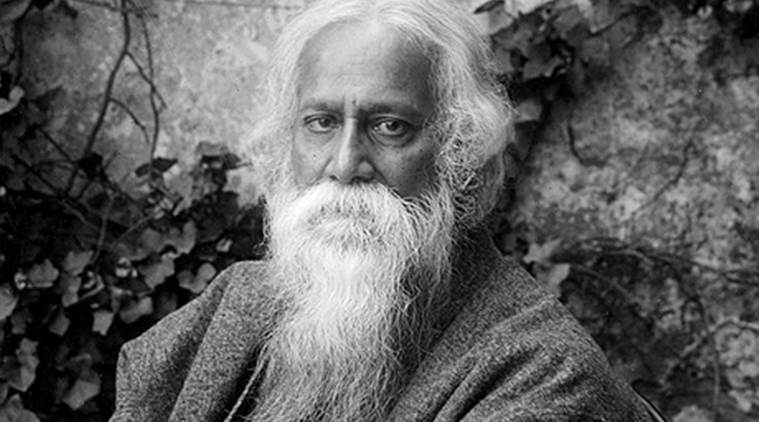 Rabindra Jayanti 2019: The ban on Tagore in East Pakistan of the sixties rapidly made him a must-have in homes (Source: Express Archive photos)
Rabindra Jayanti 2019: The ban on Tagore in East Pakistan of the sixties rapidly made him a must-have in homes (Source: Express Archive photos)
As the moderator and principal speaker at the seminar (and the consequent discussion), I was obliged to point out why Rabindranath is a poet of Bengal, India, the world. What makes a poet international. Why he remains international despite the boundaries imposed by place and time. Tagore’s humanism, as expressed through his writings and political wisdom, is universal today. Answering audience questions, my bottom line was that we owe the language of our literature, our public life, to Rabindranath. Directly or indirectly, he is part of our fundamental social consciousness. Enmeshed in our life flow. Not every Bengali understands or knows this. Bengalis cannot hope to emerge from today’s political labyrinth without his help. That is his greatness.
How Rabindranath Tagore used Raksha Bandhan as means to prevent 1905 Bengal partition
The controversial ‘history’ surrounding Rabindranath is familiar to all of us. In what was then East Pakistan, his centenary was marred by trouble. Pro-Pakistan Islamists were opposed to Tagore. Those who loved him were revolutionaries. There were several commemorative programmes. The poet Zia Haider wrote, “Rabindranath is the God of my being.” Published in the renowned literary magazine ‘Samakaal’, the poem spread like wildfire through word of mouth. Rabindranath transformed into God, Zia Haider at the receiving end of official wrath.
In hindsight, the ban on Tagore in East Pakistan of the sixties rapidly made him a must-have in home after home. Collections of his works sold at high prices, and still vanished from the market. Numerous publishers printed his books overnight. Forbidden books attract more readers, sell more in secret.
The Pakistan government’s animosity toward Rabindranath split the people of East Pakistan down the middle. Poets, literary figures, journalists, teachers, thinkers, the split affected them all. The majority of progressive artists, literary icons, journalists, intelligentsia were pro-Rabindranath. The student community was pro-Rabindranath, so were progressive politicians. The majority of educated citizens, in fact.
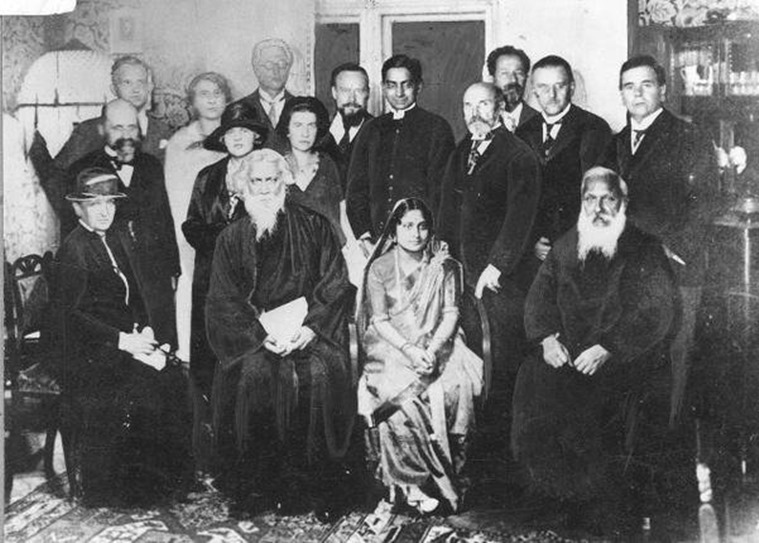 Rabindra Jayanti 2019: Rabindranath Tagore during his tour of the West in 1921. (Photo: oldindianphotos.in)
Rabindra Jayanti 2019: Rabindranath Tagore during his tour of the West in 1921. (Photo: oldindianphotos.in)
Another milestone in the campaign against Rabindranath was an increased interest in all aspects of his works, including the burgeoning of new Rabindra Sangeet performers. Across cities, suburbs, towns, new voices were being heard. In the last two decades, there have been Rabindra Sangeet competitions at every public fair, every year. According to data published in a daily, more than five thousand young artistes are now bona fide celebrities across the country. Every year, several of them are awarded scholarships from Visva Bharati, Indian government scholarships. Many of them are popular in both nations, and perform in Kolkata and many other places in West Bengal and India.
Abroad, too, cities with large Bengali populations celebrate the phenomenon called Rabindranath. New York, London, Chicago, Toronto, Paris boast Rabindra Sangeet academies, the number of students increasing by the day. The real reason is the desire to keep close to one’s language, the land of one’s birth. ‘O Amar Desher Maati Tomar Porey Thekai Matha’ (the soil of my land, I bow to you), ‘Amar Sonar Bangla, Ami Tomay Bhalobashi’ (my beloved golden Bengal). Rabindranath is beloved, too. Without Rabindranath, Bengalis are crippled, invalids. Someone wrote that this love has become “a fad”. How closely linked to country, native land, origins this fad is. On his birthday, his image adorns every kind of colourful T-shirt. Slip one on and turn up at a Tagore programme. I’ve seen it on TV, in the papers. In the past three years, I’ve received four such T-shirts myself, courtesy friends from Dhaka. I’ve been assured of more this year. Walking around Berlin wearing a Rabindranath T-shirt, ah, bliss! My native soil. My Rabindranath.
Translated by Yajnaseni Chakraborty
EXPRESS OPINION
More Explained
May 22: Latest News
- 01
- 02
- 03
- 04
- 05




